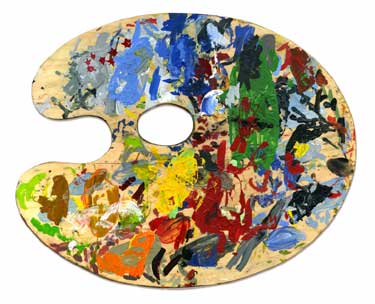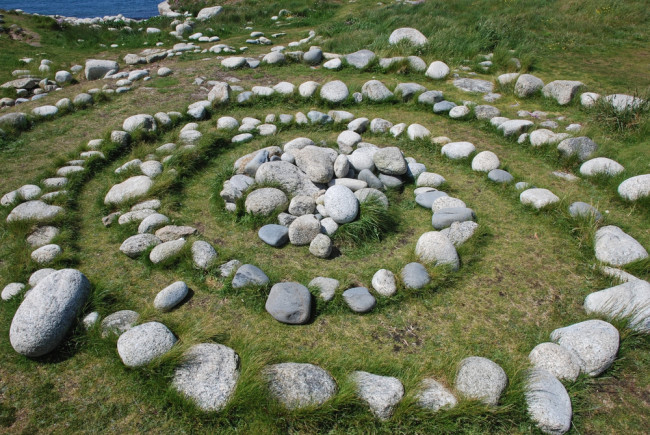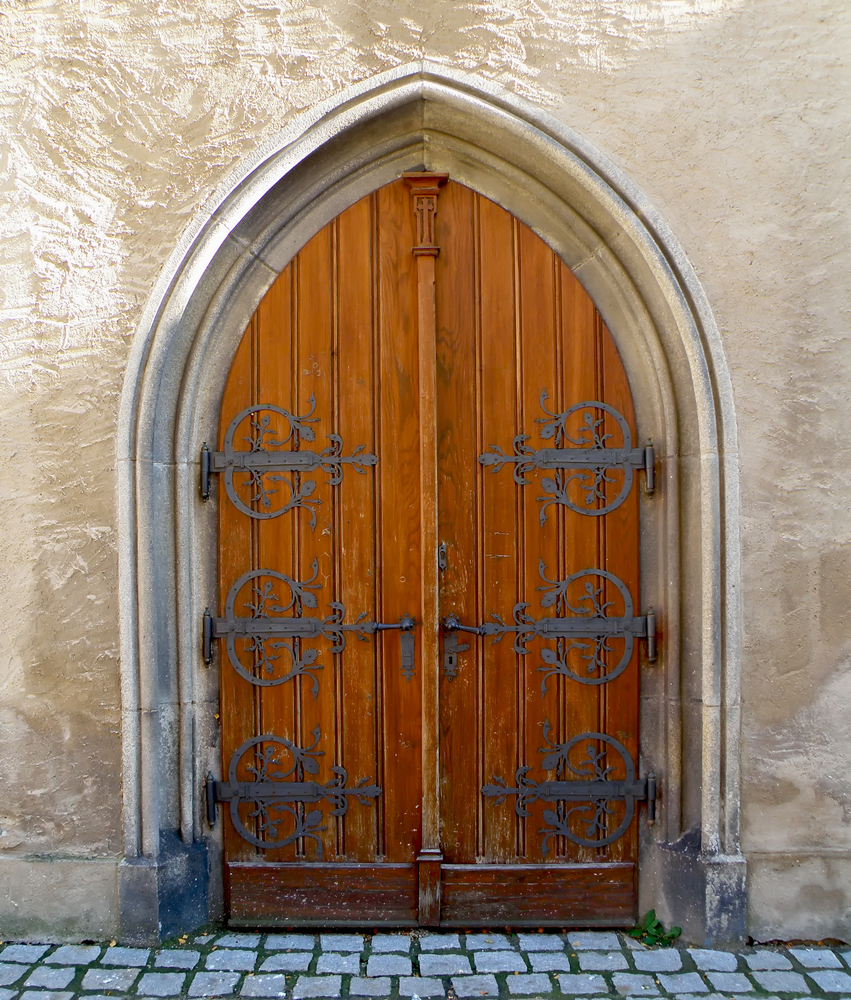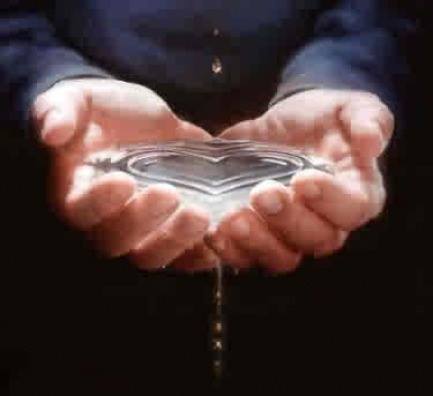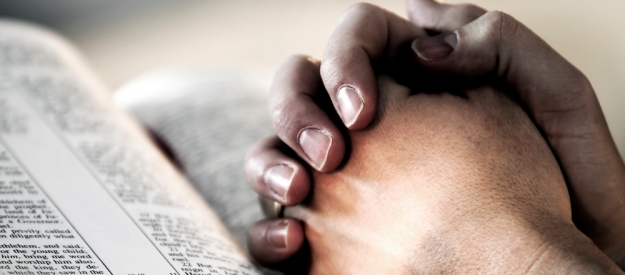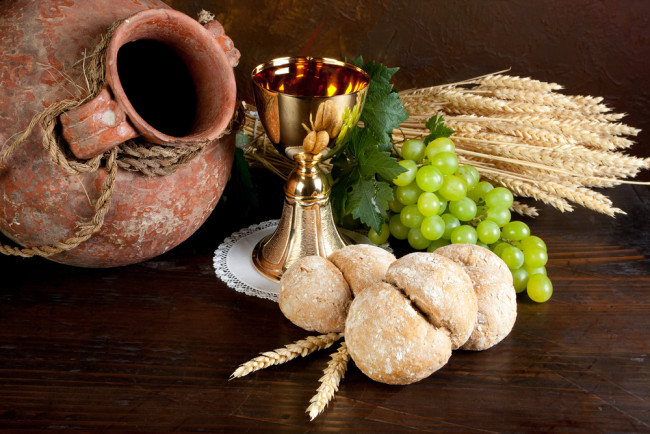Pastoral care is not an exclusive responsibility of the clergy. As a matter of fact, pastoral care is often more effectively done by the laity. That reality became abundantly clear during my six month ministry at the Frankston Methodist Church in Frankston, Victoria, Australia.
My first experience of the art form methodology was as a participant in the Parish Leadership Colloquy. It was a course designed for clergy by the Ecumenical Institute of Chicago. We gathered for lunch on the second day of the four day event. At the end of each meal the leadership always led us in a conversation. The focus for this conversation was a print of a famous painting by Pablo Picasso—Guernica.
My understanding of the flow of worship is that it is a four act drama beginning with a “gathering” and ending with a “send-out”. The four acts of worship between the gathering and send-out are: 1) CONFESSION; 2) PRAISE; 3) DEDICATION; and 4) COMMITMENT.
In the mid 1980’s I was invited to be the ministerial leadership for the Uniting Church of Australia in Frankston, Victoria. This congregation taught me a great deal about the church as community.
Every living being is driven to be a part of community. Newborns of every species cannot survive without community. Who would feed them? Who would train them in survival tactics? So the issue we humans have to struggle with is, “What kind of human community?”
One of the first questions asked of a person planning on becoming clergy is, “tell me about your call to ministry.” God seems to have a wide variety of ways to make “that voice” heard. Some can tell you the day, the hour, and the place when “the unmistakable event” occurred. Others seem to become more and more aware over a long period of time that ordained leadership is what they were meant to be. Even then “the call” can be something grasped and lost.
All are invited to the communion table were we celebrate Jesus’ understanding of life and death. He broke the bread, symbolizing that all of life comes to us in broken pieces. Some waste their lives cursing the brokenness. Jesus wanted his disciples to know that by embracing the brokenness, we find ourselves more fully alive.
I want to share four different stories that made it clear to me why involving those who gather to celebrate the life of one who has died is so important.
Baptism is a symbol, reminding us that God has given us all the gift of life, and through the grace of Jesus Christ, all are united as one family. We are assured that we are a part of the eternal love of God. Those who participate in this symbol are marked for Christian discipleship, and are initiated into the fellowship of the Church. Jesus made it abundantly clear that children are important in the scheme of God's creation. Remember how he said, "Let the children come to me, do not hinder them; for to such belongs the kingdom of God".


